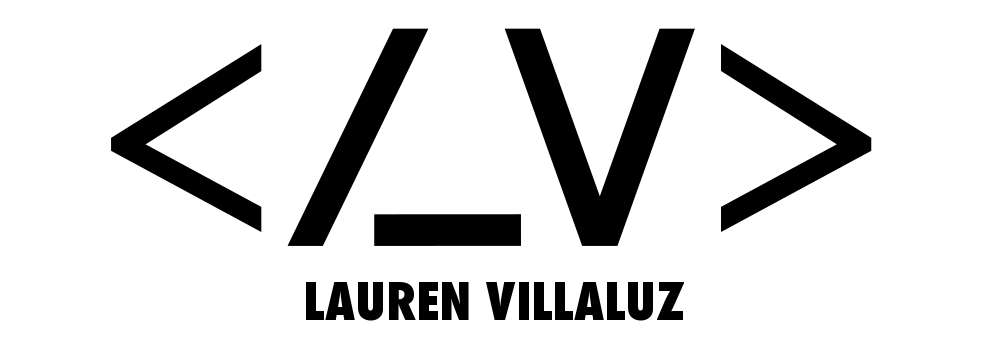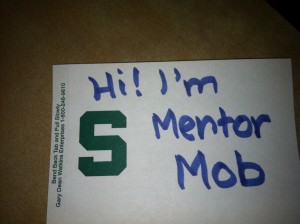Allow failure to be as powerful a learning mode as success.
“Learning is all about risk, but learning institutions are anything but risk tolerant. There are good reasons for that, except when it comes to learning. We deceive students when we do not make it clear that not all knowledge is absolute. Truth is the result of generations of exploration, of refinement, of pushing the boundaries of our experience.Truth builds on failure as much as success, but failure is anathema to today’s learning institutions. We must instill in students the drive to learn, and to help them see the vital role of failure in discovery. We need to expect our halls of learning to question their own processes and strategies, and their own success. We measure things, but spend little time on understanding what we should be measuring. We know great innovation always comes from the refinement of an initial idea, but we teach in and administer schools as if there are absolute certainties that we must never question. How can we ensure that the next series of great discoveries will be made? That is a challenge whose dimensions and starting places are elusive enough to be considered a truly wicked problem.”Please check out our Wicked Problem VoiceThread:
https://voicethread.com/share/4729132/
Rebecca, Tom, Kate and I began to our to address our wicked problem of practice by taking a look at the above quote from the 2013 NMC Horizon Report. We divided and conquered with our research as we looked for answers to define our problem of practice, find examples of how it is wicked, looked for people who have addressed this problem and then determine our best recommendations.
Through our research and own experience, we have determined that most teachers realize that failing is a natural part of learning but do not necessarily foster an environment that students are comfortable taking risks. I began my own research diving into what makes this problem so wicked. Why is something that has been determined common knowledge (failure is part of learning) not being practiced in our schools?
I looked for research to support the stance that our current educational grading system is contributing to the culture of grade obsessed, perfectionist parents and students that we have today. I encountered this study by the American Psychological Association, where psychologists say that students performed better when they felt confident and were used to a risk taking environment where failure was treated as a means to learn. It suggested that parents and students need to be more concerned with the process of learning than the result of standardized tests and grades.
I then enlisted the help of my PLN and found a link to an #edchat summary discussing alternatives to traditional grading. This was a great resource that began to discuss possible solutions to the traditional grading angle of our wicked problem.
We also had a related article for some of our required reading from class called “Teach Your Students to Fail Better with Design Thinking”. This article speaks of our intense desire for all students to always succeed at all costs in education. However, we are preparing our students for a future that has many unknowns and our students need skills that enable them to fail but learn and improve from their failure.
All references are listed in our VoiceThread above.




You must be logged in to post a comment.